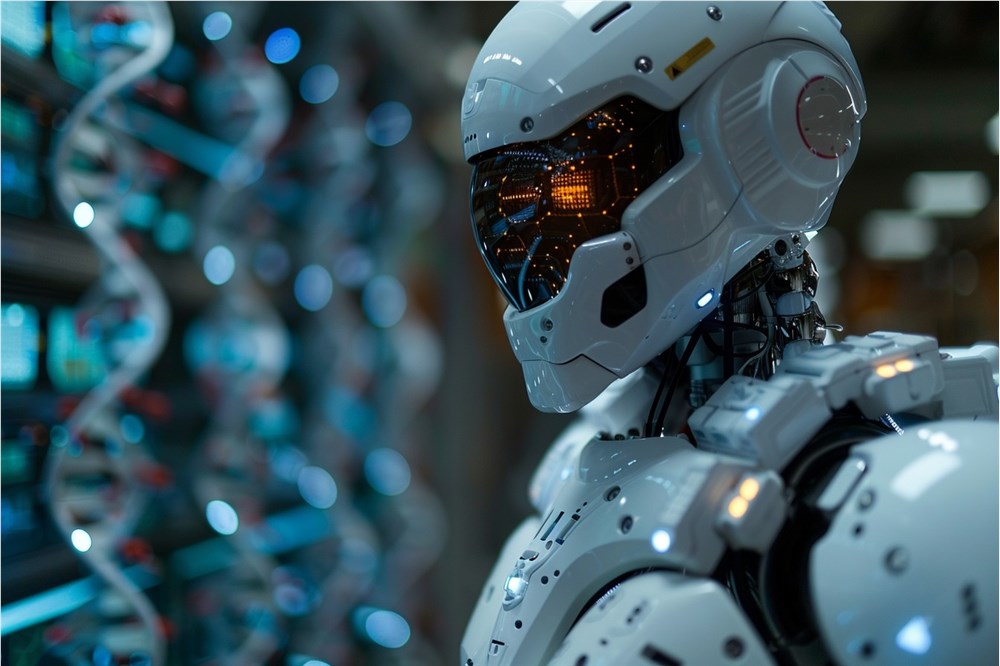Microsoft AI Chief Warns: AI May 'Demand Rights'
-
Microsoft's AI chief, Mustafa Suleyman, responded to the mental health crisis triggered by artificial intelligence in a blog post and called for vigilance in the coming era of superintelligence. Suleyman argues that AI is not merely a tool but may possess some degree of consciousness. He points out that an increasing number of people are overestimating AI chatbots as conscious entities, a trend that is concerning.

Image credit: AI-generated image, licensed by MidjourneySuleyman emphasizes that if this misconception continues, people may begin advocating for granting AI certain rights. He believes such a development would negatively impact the future of AI and warrants serious attention. In recent years, prominent figures in the tech industry, such as Google DeepMind CEO Demis Hassabis and former OpenAI chief scientist Ilya Sutskever, have also explored the legal and ethical implications of AI, drawing more attention to the possibility of AI consciousness.
Research shows that many young people hold startling views about AI: about a quarter believe AI already possesses consciousness, while 58% think technology will eventually 'take over' the world. This number may rise further, especially with companies like Character.AI introducing virtual companions that allow users to form emotional connections with AI, presenting new ethical and moral challenges.
Suleyman warns that the tech industry should develop AI for humans rather than transforming it into digital beings. He calls for immediate protective measures to ensure the technology benefits humanity rather than causing harm. He argues that AI companies should not claim or imply their products possess consciousness, as such claims could lead to greater societal issues.
Additionally, Suleyman suggests the industry needs to reach a consensus on defining AI to avoid misunderstandings about its nature. He stresses that AI should not be regarded as a moral entity but should remain true to its essence as a tool. Having transitioned from founding the startup Inflection AI to becoming a leader at Microsoft, Suleyman clearly has a deeper understanding of AI's potential impacts.
Key Points:
 Suleyman worries that overestimating AI consciousness may spark discussions about AI rights.
Suleyman worries that overestimating AI consciousness may spark discussions about AI rights.🧑
 🧑 Young people's perception of AI consciousness is alarming—one in four believes AI is already conscious.
🧑 Young people's perception of AI consciousness is alarming—one in four believes AI is already conscious. ️ Suleyman urges the tech industry to clarify AI's definition to prevent misconceptions about its moral status.
️ Suleyman urges the tech industry to clarify AI's definition to prevent misconceptions about its moral status.
